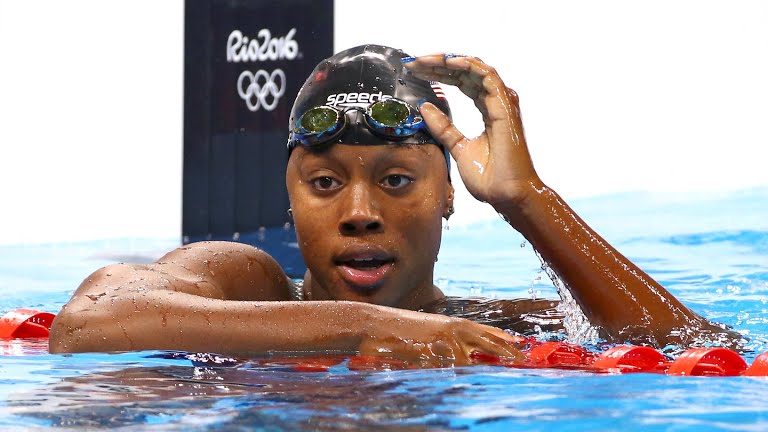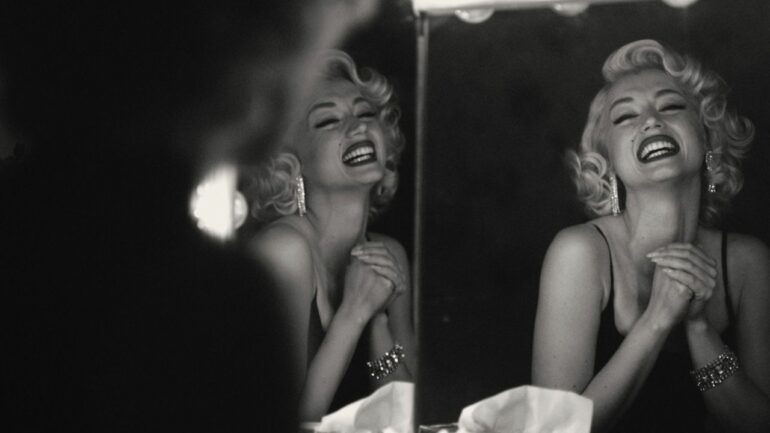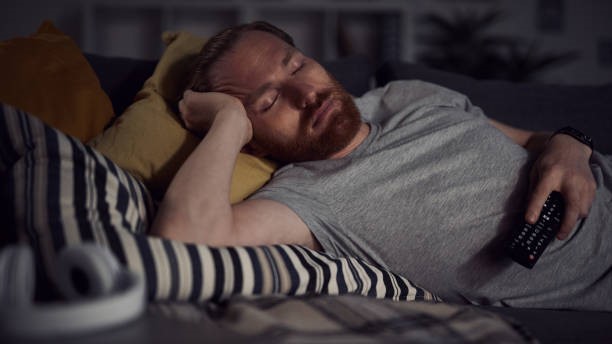So good... like you
Listeners:
Top listeners:
00:00
00:00
chevron_left
-
play_arrow
NGradio So good... like you
With Simone Manuel’s gold, a liberating page in Olympics history has turned

For 16 years, through Olympics in Sydney, Athens, Beijing, London and Rio, African-Americans swam under a microscope for their country.
Questions about oddity and identity weighed them down as they tried to outrace history and the competition. Finally, on Thursday night, Simone Manuel’s gold medal in the 100-meter freestyle turned a liberating page for black swimmers.
Trailing by an ominous half-second at the turn, Manuel used a furious closing charge to finish tied with Penny Oleksiak of Canada in an Olympic and American record of 52.70. Manuel is the first African-American woman to win an individual swimming medal at any Olympic Games.
After shedding tears on the medal stand while the national anthem played, Manuel thanked black predecessors like Cullen Jones and Maritza Correia in acknowledging the historic nature of her victory.
“The gold medal wasn’t just for me, it was for people who came before me and inspired me to stay in the sport,” said the 20-year-old Stanford University student from the Houston suburb of Sugar Land, Texas. “And for people who believe that they can’t do it. I hope that I’m an inspiration to others to get out there and try swimming.”
Decades after the end of Jim Crow laws that kept blacks out of white pools, African-Americans still have a complicated relationship with swimming.
If a parent can’t swim, there’s only a 13 percent chance their child will learn, according to a 2010 report commissioned by USA Swimming. The report found that 69 percent of black children and 58 percent of Latino children cannot swim, compared with 42 percent of white children. Black children drown at a rate almost three times higher than white children.
Rio is the first Olympics where the U.S. swim team has two black women — Manuel and her close friend Lia Neal, who won a silver medal in the 4×100 freestyle relay. Manuel and Neal fielded so many “black swimmer” questions leading up to their races, it threatened to slow them down in the pool.
“That’s something I definitely struggled with a lot,” Manuel said. “Just coming into this race tonight I kind of tried to take the weight of the black community off my shoulders, which is something I carry with me.
“I’m super glad with the fact I can be an inspiration to others and hopefully diversify the sport. But at the same time, I would like there to be a day where there are more of us, and it’s not ‘Simone the black swimmer.’ The title ‘black swimmer’ makes it seem like I’m not supposed to be able to win a gold medal, or I’m not supposed to be able to break records. And that’s not true.”
Manuel’s father, Mark Manuel, played basketball at the historically black Xavier University in New Orleans, and works in information technology. Her mother, Sharron, is a pharmacist. Simone started swimming at age 4 because her parents wanted her to be safe in the water. She almost chose to pursue ballet before choosing swimming.
In Rio, coiled in her stance to begin the final, Manuel seemed to flinch just before the gun and did not get a great start. At the turn, she trailed by .47 seconds — the basketball equivalent of a 15-point halftime deficit. But Manuel started to close over the last 25 meters, and with 15 to go she put her head down and gutted out gold.
After the race she immediately hugged Neal, who also attends Stanford. They appear often together on Manuel’s Instagram feed — in the weight room, poolside in sunglasses, flaunting bikinis and ripped abs, and in a series of “Fleek Films” videos featuring “two lit gurls” on the road to Rio.
“Lia and I have this very special relationship. I wouldn’t be where I am right now without her,” Manuel said.
Neal, 21, whose father is black and mother is Chinese-American, was born and raised in Brooklyn, New York, and speaks Mandarin. She said the constant questions about being a black swimmer can be difficult, “but I think that’s just what comes with the territory of making history. You’re going to be faced with the question a lot, because it’s so new,” she said before Manuel’s gold-medal race.
“Even though I get the question a lot and I’m getting tired of it, other people who haven’t gotten the chance to speak to Simone or me, they’re all the more excited, so it’s fine.”
For 16 years, through Olympics in Sydney, Athens, Beijing, London and Rio, African-Americans swam under a microscope for their country.
Questions about oddity and identity weighed them down as they tried to outrace history and the competition. Finally, on Thursday night, Simone Manuel’s gold medal in the 100-meter freestyle turned a liberating page for black swimmers.
Trailing by an ominous half-second at the turn, Manuel used a furious closing charge to finish tied with Penny Oleksiak of Canada in an Olympic and American record of 52.70. Manuel is the first African-American woman to win an individual swimming medal at any Olympic Games.
After shedding tears on the medal stand while the national anthem played, Manuel thanked black predecessors like Cullen Jones and Maritza Correia in acknowledging the historic nature of her victory.
“The gold medal wasn’t just for me, it was for people who came before me and inspired me to stay in the sport,” said the 20-year-old Stanford University student from the Houston suburb of Sugar Land, Texas. “And for people who believe that they can’t do it. I hope that I’m an inspiration to others to get out there and try swimming.”
Decades after the end of Jim Crow laws that kept blacks out of white pools, African-Americans still have a complicated relationship with swimming.
If a parent can’t swim, there’s only a 13 percent chance their child will learn, according to a 2010 report commissioned by USA Swimming. The report found that 69 percent of black children and 58 percent of Latino children cannot swim, compared with 42 percent of white children. Black children drown at a rate almost three times higher than white children.
Rio is the first Olympics where the U.S. swim team has two black women — Manuel and her close friend Lia Neal, who won a silver medal in the 4×100 freestyle relay. Manuel and Neal fielded so many “black swimmer” questions leading up to their races, it threatened to slow them down in the pool.
“That’s something I definitely struggled with a lot,” Manuel said. “Just coming into this race tonight I kind of tried to take the weight of the black community off my shoulders, which is something I carry with me.
“I’m super glad with the fact I can be an inspiration to others and hopefully diversify the sport. But at the same time, I would like there to be a day where there are more of us, and it’s not ‘Simone the black swimmer.’ The title ‘black swimmer’ makes it seem like I’m not supposed to be able to win a gold medal, or I’m not supposed to be able to break records. And that’s not true.”
Manuel’s father, Mark Manuel, played basketball at the historically black Xavier University in New Orleans, and works in information technology. Her mother, Sharron, is a pharmacist. Simone started swimming at age 4 because her parents wanted her to be safe in the water. She almost chose to pursue ballet before choosing swimming.
In Rio, coiled in her stance to begin the final, Manuel seemed to flinch just before the gun and did not get a great start. At the turn, she trailed by .47 seconds — the basketball equivalent of a 15-point halftime deficit. But Manuel started to close over the last 25 meters, and with 15 to go she put her head down and gutted out gold.
After the race she immediately hugged Neal, who also attends Stanford. They appear often together on Manuel’s Instagram feed — in the weight room, poolside in sunglasses, flaunting bikinis and ripped abs, and in a series of “Fleek Films” videos featuring “two lit gurls” on the road to Rio.
“Lia and I have this very special relationship. I wouldn’t be where I am right now without her,” Manuel said.
Neal, 21, whose father is black and mother is Chinese-American, was born and raised in Brooklyn, New York, and speaks Mandarin. She said the constant questions about being a black swimmer can be difficult, “but I think that’s just what comes with the territory of making history. You’re going to be faced with the question a lot, because it’s so new,” she said before Manuel’s gold-medal race.
“Even though I get the question a lot and I’m getting tired of it, other people who haven’t gotten the chance to speak to Simone or me, they’re all the more excited, so it’s fine.”
Source: espn.com
Written by: New Generation Radio
Similar posts
ΔΗΜΟΦΙΛΗ ΑΡΘΡΑ
COPYRIGHT 2020. NGRADIO




















Post comments (0)